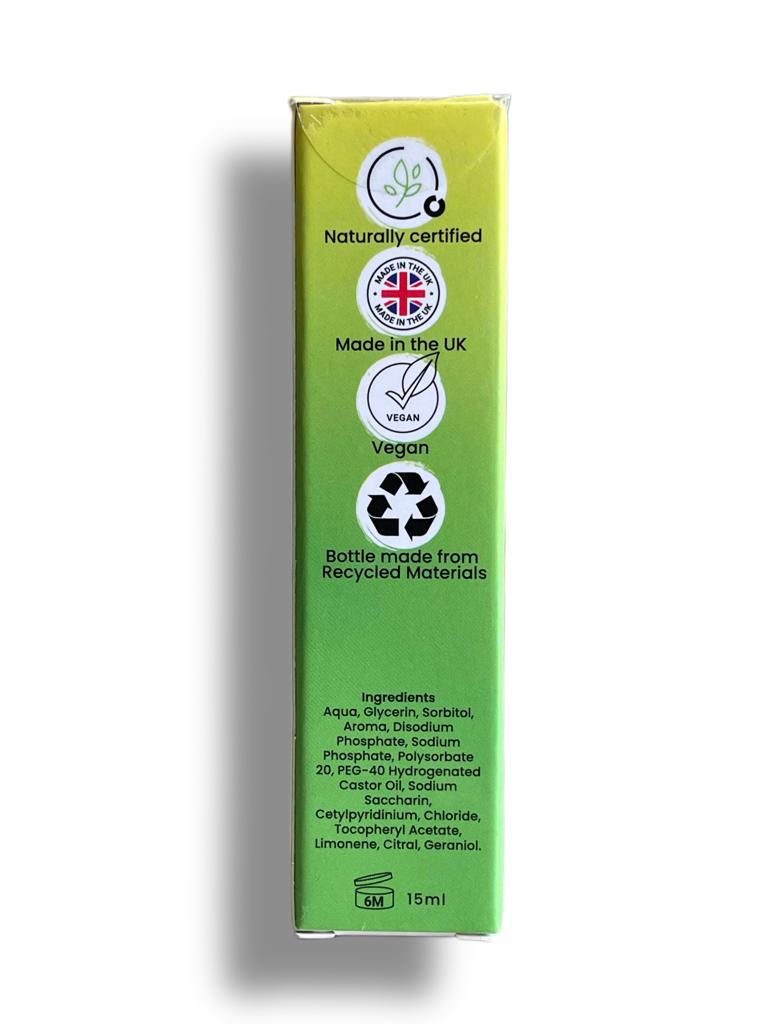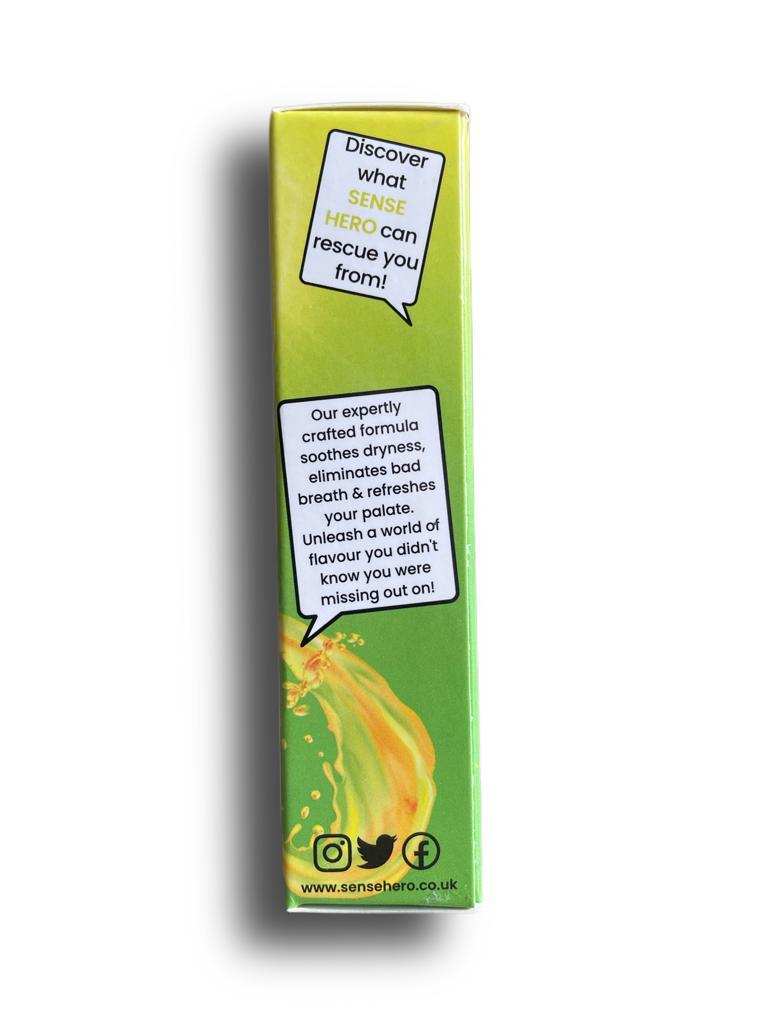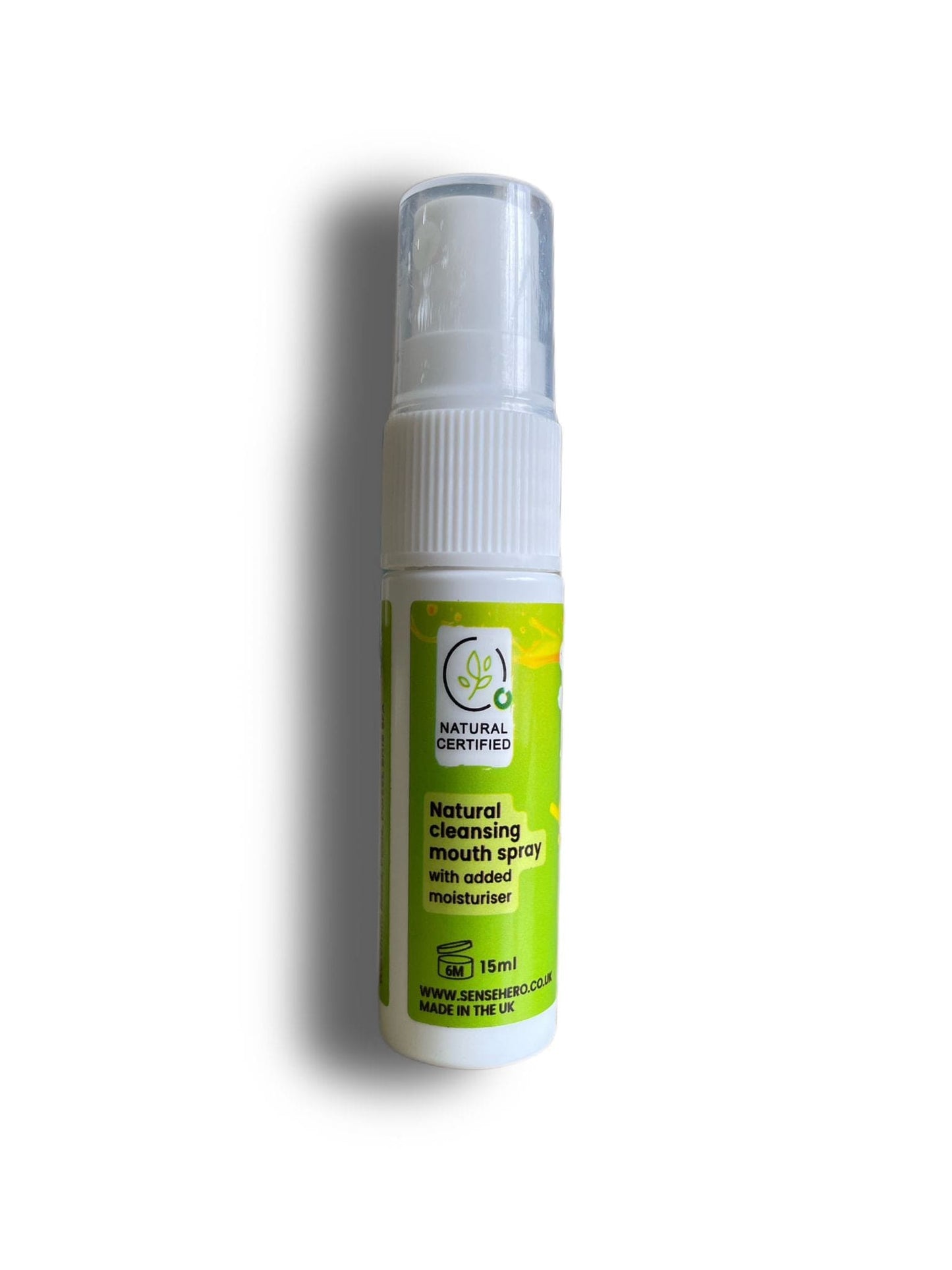Dry Mouth in Pregnancy
Dry mouth, also known as xerostomia, is a common condition experienced by many women during pregnancy. It can be particularly bothersome when individuals experience dry mouth in pregnancy at night or a dry throat pregnancy. Although it can be unsettling it is usually manageable. This article explores the causes, implications, and solutions for dry mouth and dry throat during pregnancy.
Table of Contents
- Causes of Dry Mouth in Pregnancy
- Implications of Dry Mouth During Pregnancy
- Dental Care During Pregnancy
- Managing Dry Mouth in Pregnancy
- When to See a Doctor
- Conclusion
Causes of Dry Mouth in Pregnancy
The hormonal fluctuations common in pregnancy often lead to reduced saliva production, resulting in dry mouth or dry throat. These symptoms can be more pronounced during the night. Moreover, dehydration, a common issue during pregnancy, can exacerbate the dry mouth condition. The recommended water intake for pregnant women ranges between 2.4 and 2.8 litres a day, varying with individual body size, activity level, and overall health. It's advisable to consult with your healthcare provider to determine the appropriate amount of water and other fluids you should be consuming daily.
Feel free to check out our Daily Water Intake Calculator for more information.
Implications of Dry Mouth During Pregnancy
While dry mouth can cause discomfort, it also has other implications. Saliva plays a crucial role in maintaining oral health by neutralising acids produced by bacteria and washing away food particles. Reduced saliva production can increase the risk of oral infections and tooth decay.

Dental Health During Pregnancy
It's imperative to take extra care of dental health during pregnancy due to several reasons arising from hormonal and physiological changes:
-
Hormonal Changes:
Pregnancy leads to hormonal fluctuations, causing gums to become more sensitive, increasing the risk of gum disease like gingivitis, also known as "pregnancy gingivitis." These hormonal changes can also make the gums bleed, swell, and turn red. -
Increased Risk of Tooth Decay:
Hormonal and dietary changes during pregnancy can increase the risk of tooth decay. The dietary changes might include an increased intake of carbohydrates, which can foster the growth of decay-causing bacteria. -
Link to Preterm Birth:
There's a correlation between oral infections such as gum disease and preterm birth. Preventive dental work is essential to avoid oral infections and subsequently reduce the chance of preterm birth. -
Overall Health:
Dental issues that arise or worsen during pregnancy can affect the overall health of the mother and the baby. It's advised to maintain good oral hygiene and have regular dental check-ups and treatments during pregnancy to manage any dental issues and maintain overall health.
Pregnant women, especially those experiencing dry mouth in pregnancy, are advised to see their dentist for regular check-ups and treatments, maintain good oral hygiene, and avoid foods and drinks that could damage their teeth. In the UK, the NHS provides a supportive framework for expecting mothers by offering free dental care from the time a pregnancy is confirmed until 12 months postpartum. To take full advantage of this benefit, apply for a maternity exemption certificate using the application form FW8, accessible through a midwife, GP, or health visitor.
Managing Dry Mouth in Pregnancy

There are various strategies to manage dry mouth during pregnancy, especially at night:
| Tip | Description |
|---|---|
| Stay Hydrated | Drink plenty of water throughout the day to keep your mouth moist. |
| Chew Sugar-free Gum | Chewing gum can stimulate saliva production. |
| Use a Humidifier | Adding moisture to the air can be especially helpful for dry mouth in pregnancy at night. |
| Avoid Caffeine and Alcohol | These substances can dry out your mouth further. |
| Use Natural Products | Consider using natural products such as Sense Hero to manage dry mouth symptoms. |
Sense Hero Dry Mouth Spray can serve as a natural alternative to medicinal dry mouth products, aligning with the aim of providing holistic solutions to common oral health concerns during pregnancy. We've also written you a how-to guide on How to make Ginger Spray for Dry Mouth.
When to See a Doctor
If dry mouth or dry throat during pregnancy becomes bothersome or if you experience other symptoms such as excessive thirst or trouble swallowing, it's important to consult with a healthcare professional.
Conclusion
Dry mouth and dry throat are common symptoms in pregnancy, and while they can be uncomfortable, they are usually manageable with the right strategies. Staying hydrated, avoiding irritants, and considering natural products like those from Sense Hero can provide relief. It's essential to consult a healthcare professional if dry mouth symptoms become worrying, severe or are accompanied by other concerning symptoms.

Sense Hero
Sense Hero mouth Spray UK: Quick Fix for Dryness, Vapers Tongue and Palate Cleansing
View full details











Sense Hero spray is not a medicinal product and is not intended to diagnose, treat, cure, or prevent any disease. Sense Hero Spray is designed for personal comfort.

